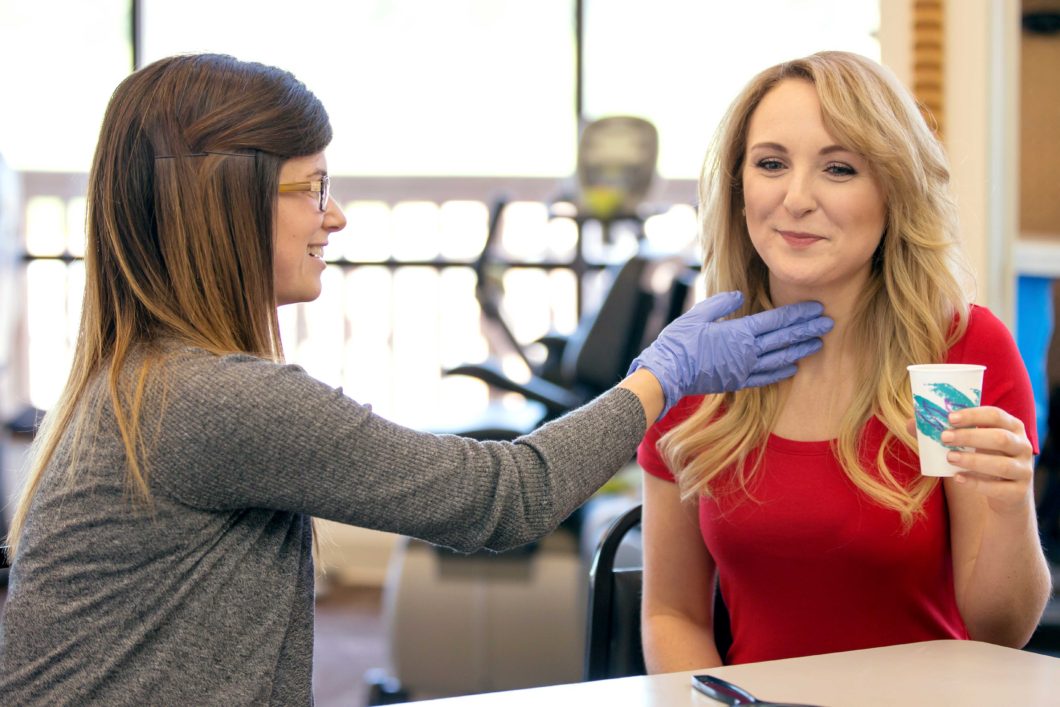You did it! You graduated with your master’s degree. You’ve conquered coursework, clinical experiences, and the Praxis. Now, it’s time to tackle your clinical fellowship.
Finding Your CF
After graduating last May from the University of Nebraska-Lincoln, I moved home to Massachusetts and started my job search. I was ready to be selective in finding a job that truly met my expectations.
Since I was back in my hometown, I knew the area well. I found job openings at local school districts, hospitals, and health care companies. To find positions outside of my immediate area, I simply did a Google search. I either applied directly through their websites, or, if that wasn’t available, called directly to their human resource or rehabilitation departments to investigate further.
ASHA’s Career Center was also a great starting point to learn about available jobs. You can even post your resume for companies to view and contact you as jobs arise!
My best advice for finding a CF placement—search, search, search! And when you think you’re done—search some more!
Interviewing
Once I got my foot in the door and nabbed interviews, I wanted to make sure that not only were they interviewing me, but I was interviewing them too.
I determined my non-negotiables and shared them with my potential employers:
- Guaranteed time off for ASHA Convention and other conferences.
- Shadowing other therapists and clinicians before making a decision. Seeing “a day in the life” was more helpful and eye-opening to what a position would really be like, rather than chatting in a conference room.
- A raise and salary (with a bonus) upon receiving my ASHA Certificate of Clinical Competence. I educated my employer about the importance of the CCCs and asked that my future financial compensation be put in writing.
Be sure to ask for what you need and deserve—it’s okay to be picky and be particular. This could mean turning down a job because they’re offering you an hourly rate less than what you make babysitting. It might also mean accepting a more challenging position that’s not your “dream job,” but will support your needs as a new grad and clinical fellow. Whatever the job, feel empowered and excited to begin!
Your First Day
No one starts a new job knowing everything. It takes time to adjust to your “adult” workload and schedule, but there’s no better way to learn than just diving in:
- Ask thoughtful questions and absorb every experience.
- Make your job yours—try new treatment ideas that other clinicians might not use.
- Trust your knowledge and skills. You’ve learned a lot in the past six years!
- Be an expert and a leader—you’ll likely be the only (or one of a few) SLP in your building.
- Be flexible and creative, think on your feet, and wear many hats. Maybe your patient’s classmate poked them and they hate to be touched, or they received some “tough love” from a nurse and can’t move past it. On those days, you might never get to your “real” treatment and will feel like your session was unproductive. But taking the time to address what matters most to your client in the moment can be the most meaningful therapy.
- Learn from others. Occupational therapist might know tricks for students struggling to activate a high-tech communication device. Dieticians might know how to modify diets to make them a little more appealing.
- Create a collaborative environment. Teachers might not know that students with communication devices can still learn to read. Nurses might not know that ice cream is a thin liquid. Take the time to teach them.
The Struggle Is Real
You’ll have days when you’re ready to pack up and head home, but it’s only 9:00 a.m. You’ll go weeks without ever hearing a “thank you.” You’ll think you’re getting carpel tunnel from the 87 progress reports you wrote last night.
But then you’ll have a moment—you’ll graduate a patient to a regular diet and see them eat their favorite dinner for the first time in years—it makes everything worth it!
Your knowledge, dedication, time, and passion—plus some hand sanitizer—will change lives. You chose a profession that serves individuals of all ages, abilities, and backgrounds in some of the most meaningful ways. You got this!

